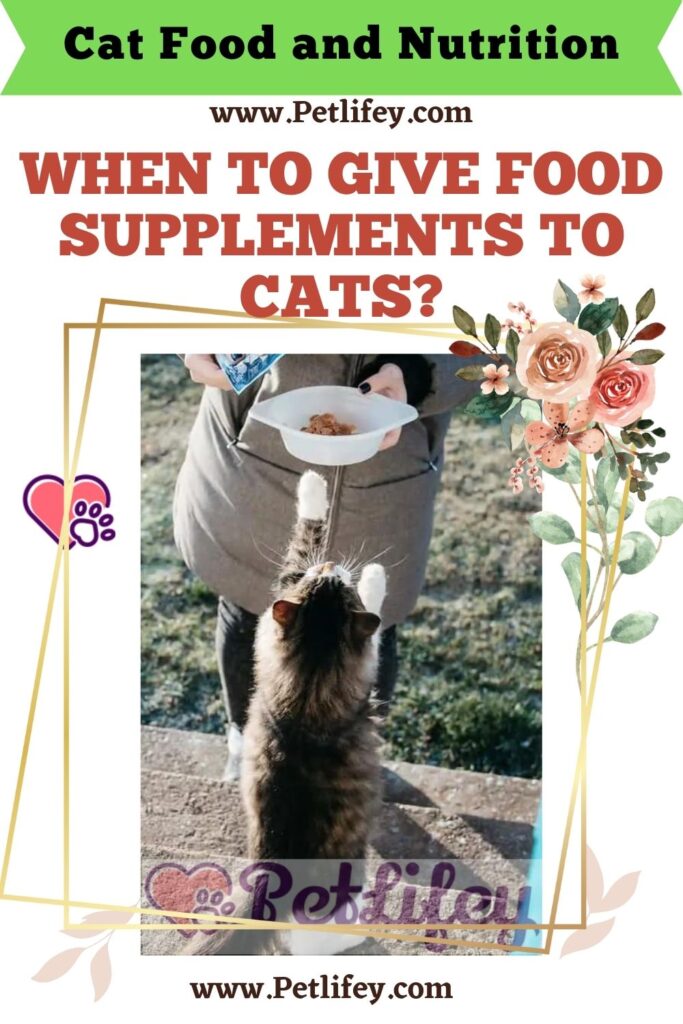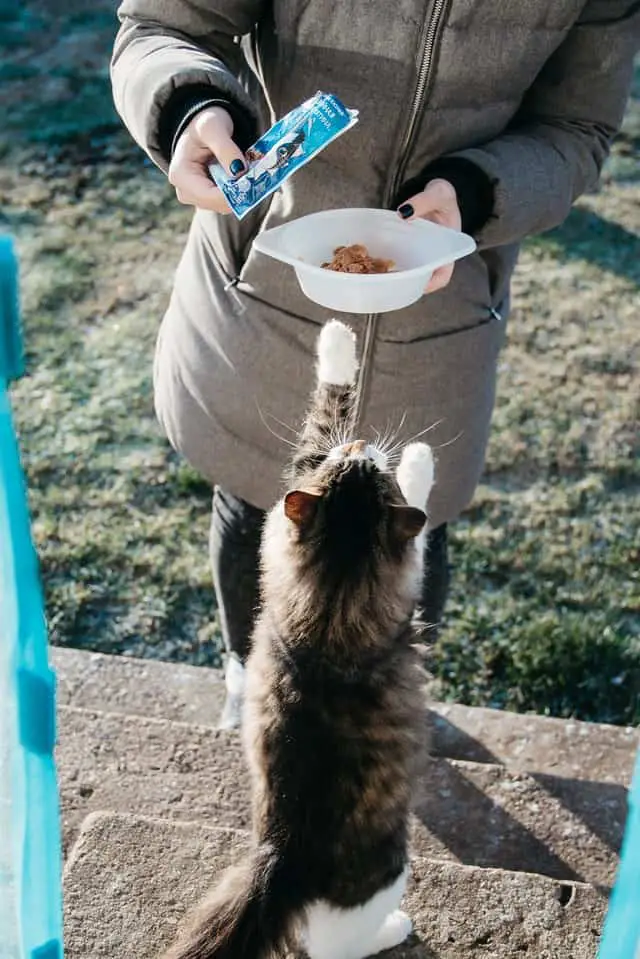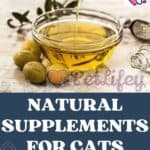
Do you know when to give your cat food supplements? In some cases the cat may have nutritional deficiencies. Let’s see together when and how to intervene!
A correct and balanced diet is essential for the health of our cat. Sometimes, however, it is necessary to give food supplements to the cat to complete the nutritional intake he needs, such as when he has nutritional deficiencies due to a certain pathology. Here’s what to know about it!
What are supplements and when are they needed
Supplements are products that have the function of integrating some nutritional substances that are missing in the cat’s diet. Therefore it is necessary to give the cat the supplements only where they reveal certain nutritional deficiencies. And how to decide if the cat needs supplements?
Never at diagnosis and do-it-yourself initiatives. If the cat is sick or you notice that he is less lively and playing less, take him to the vet. The professional will be able to tell you why the cat is unwell, and if it also depends on the diet and nutritional deficiencies of the cat.
Unfortunately, very often, even for the cat’s diet we rely on do-it-yourself menus, without going to check if it is actually a correct diet for our animal.
The various types of supplements
Depending on the function that the integrator performs, we distinguish between various types:
- Multivitamin supplements
- Multi-organ supplements
- Supplements for the immune system
- Taurine
Multivitamins
Vitamins are obviously essential nutritional additives for cat nutrition. We often believe that the foods we provide him in his daily diet are sufficient, but unfortunately this is not always the case. Think of the croquettes, which are cooked in the production process.
Well cooking destroys some food additives. As mentioned, the only way to ascertain the nutritional deficiencies of the cat, and specifically of the vitamins, is the response of the veterinarian, who through the analysis of the cat’s blood, and a verification of its diet, will be able to give the appropriate answers.
Don’t go alone in choosing vitamins without knowing which ones your cat actually needs. It would be useless for his organism, and you would also face unnecessary expense.
Multi-organ supplements

It is a family of supplements, each of which is specifically designed to supplement the nutritional intake of the animal, altered by the incorrect functioning of a specific organ, due to cat diseases.
From the heart to the liver, from the joints to the kidneys. We usually speak of long-term diseases, which are also related to dietary dysfunctions in the animal. Also in this case it is always the veterinarian who must evaluate the right supplements to administer to the cat, also according to the stage of the disease.
Supplements for the immune system
These are supplements that support the cat’s immune system when it is debilitated due to previous diseases. The classic example is feline viral immunodeficiency (called FIV), which is one of the most common diseases in cats, and at the same time one of the most dangerous.
But be careful: not all diseases that weaken the immune system must also be treated with the administration of supplements, because it could worsen the state of health of the cat, as happens for example in Felv, or feline leukemia.
Taurine
Taurine is an amino acid, particularly important for the cat’s diet, in particular for its cardiovascular system. Taurine is generally found in all foods for cats, being essential for the animal’s body. So it is also present in the treats you buy for his diet.
Obviously, taurine is present in meat. As we know the cat is essentially a carnivorous animal; his diet must consist of 90% meat, and it is from this that in nature he absorbs the amino acid. Of course, we’re talking about raw meat.
Despite having become a pet, the cat has retained the instinct and needs it had in the wild, including the supply of taurine. Remember that with cooking, meat loses many of its properties, so taurine will be present to a lesser extent.
When to give these supplements to the cat? When he follows special diets due to illnesses, which lead to a deficiency. If, on the other hand, you have prepared a home diet for the cat, which does not contain a sufficient amount of meat or kibble, contact a veterinarian immediately, because it is not a correct diet for his health.






